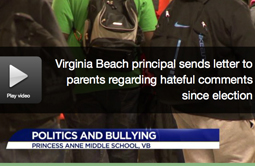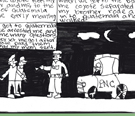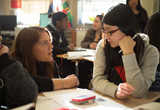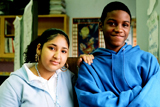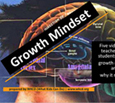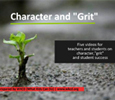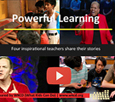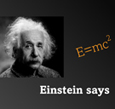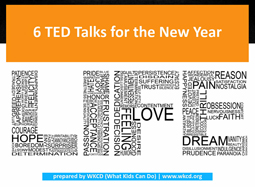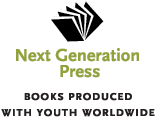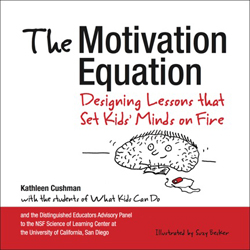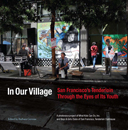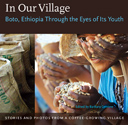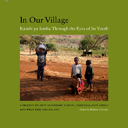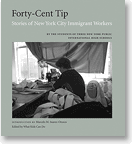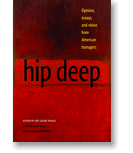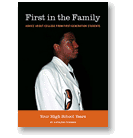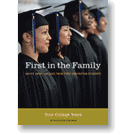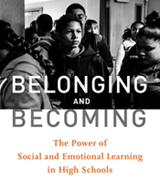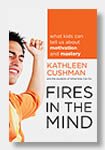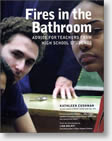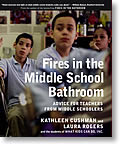|
|
School Bullying After the Election To provide a sense of the tensions seemingly provoked by Trump's ascendance, we have compiled a list of some of the news headlines and articles on school bullying that have appeared in the week after the 2016 Election. On a related front, the national nonprofit Teaching Tolerance is seeking input from schools and teachers across the country on a post-election climate survey. "Your input is vital," Teaching Tolerance writes. "Beyond unreliable social media anecdotes, we have little solid information about how the election results are affecting classrooms. Finishing this survey (it takes less than 10 minutes!) is a concrete way you can take action and help students across the country." |
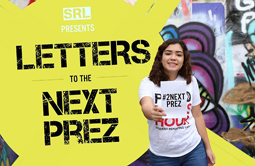 |
Video Letters to the Next President from the Student Reporting Labs Over 60 short "video letters" submitted by PBS NewsHour's Student Reporting Labs nationwide make the case. Addressing homelessness, poverty, gun violence, the challenges facing immigrants, access to higher education, climate change, foster care, wage disparity between the sexes, student debt, police use-of-force, rape culture, and more—these young journalists leave few stones unturned.
|
 |
Two Learning Experiences for High School Students that Address Stereotyping and Community Here we offer two of these learning experiences, appropriate to the times. The first builds off Nigerian author Chimamanda Ngozi Adichie's TED Talk, "The Danger of a Single Story." The second begins with students drawing, in silence, their own visions of community. |
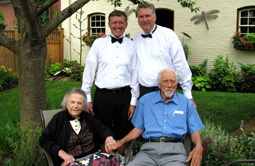 |
Generous Orthodoxy Wenger's story is one of ten episodes from Welcome to Revisionist History, a podcast from Malcolm Gladwell. Although presented largely with adults in mind, Wenger's message will surely ring true for adolescent listeners. |
SHOUT OUTS
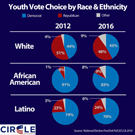 |
An Estimated 24 Million Young People Voted in 2016 Election |
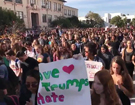 |
Trump Win Sparks Student Walkouts and Protests Across the U.S.
|
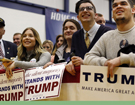 |
Millenials on Trump's Appeal: 'Emotion,' 'Honesty' |
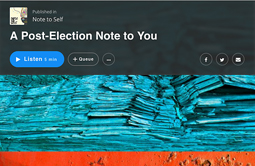 |
A Post Election Note to You |
RECENT/POPULAR FEATURES
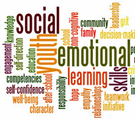 |
Integrating Social-Emotional Learning Into High School |
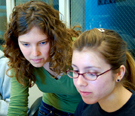 |
You're Constantly Revising Yourself: Dispositions of a Student-Centered Teacher |
Immigrant Students Use Cartoons to Share Their Journeys |
 |
Short Workouts for Social-Emotional Learning |
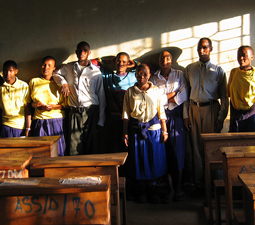 |
The Ground Beneath Our Feet |
